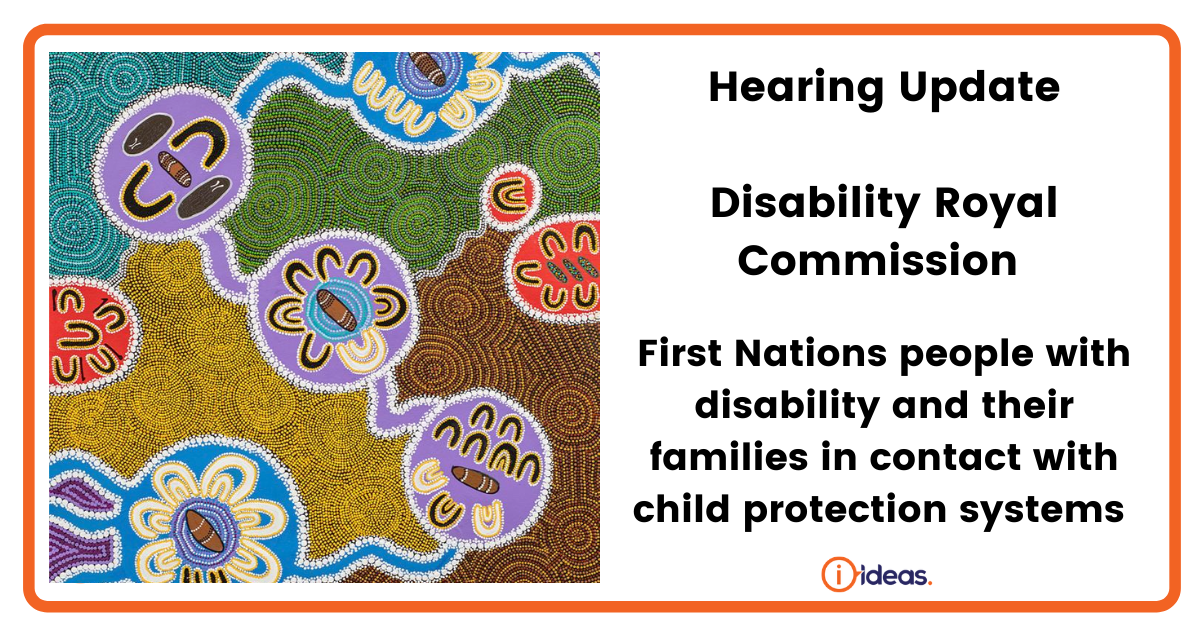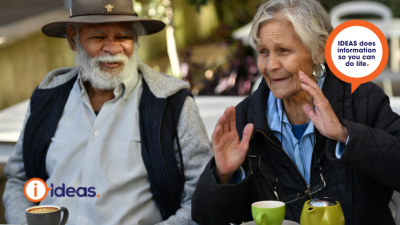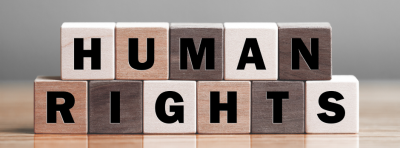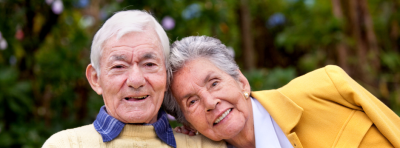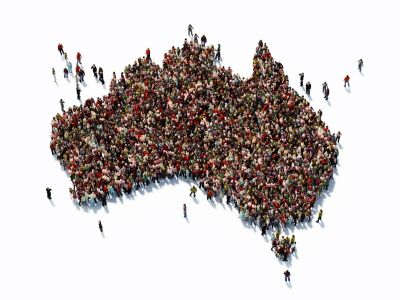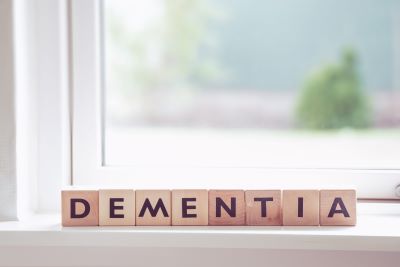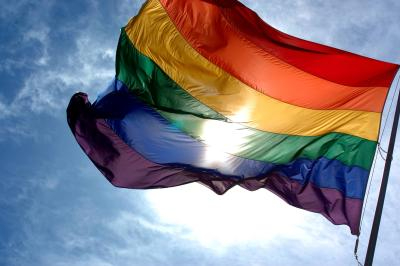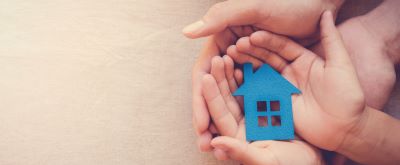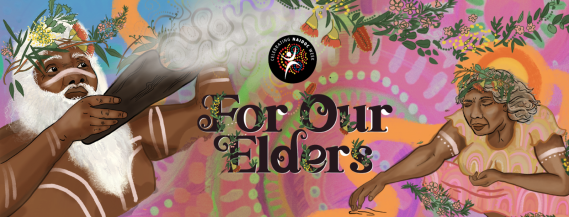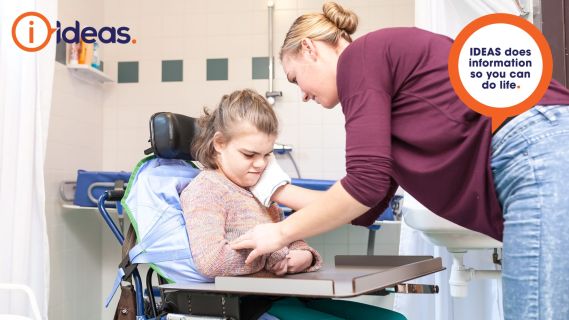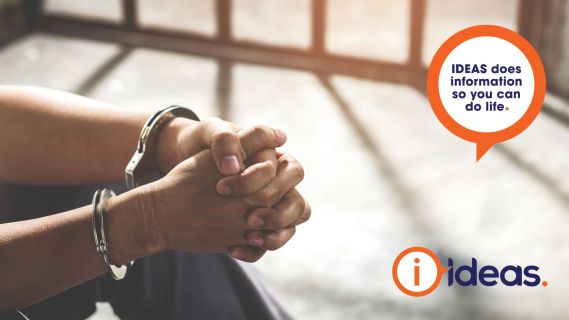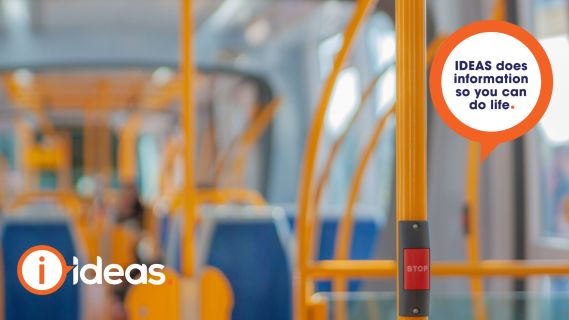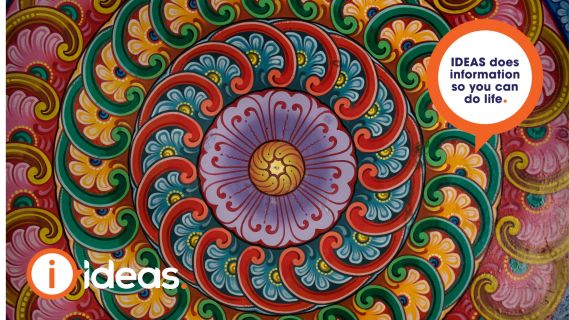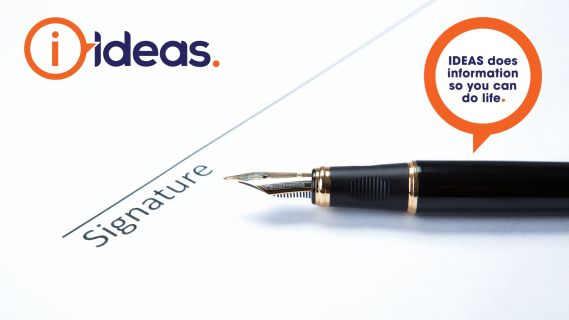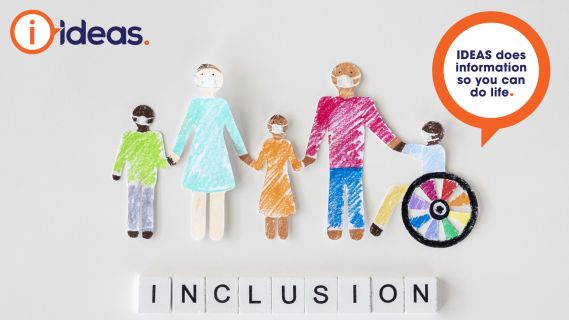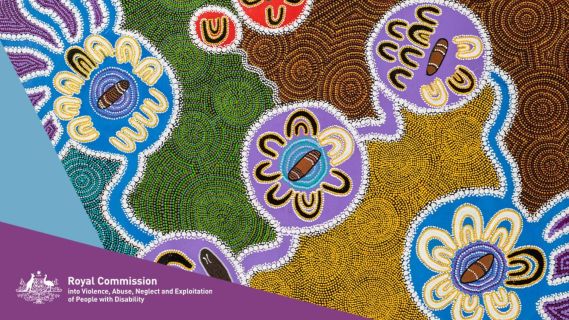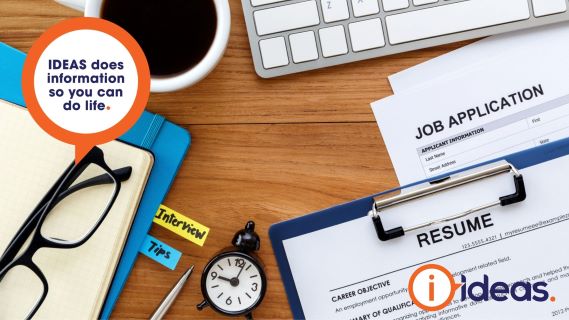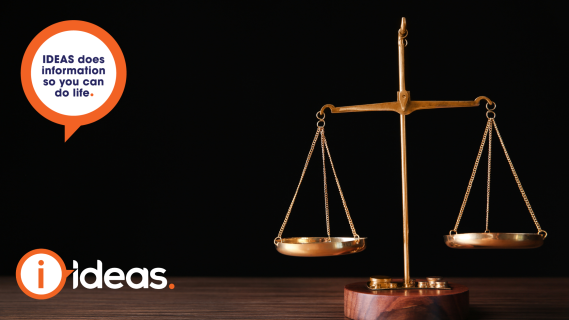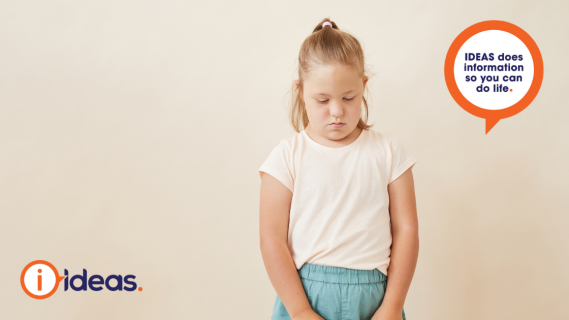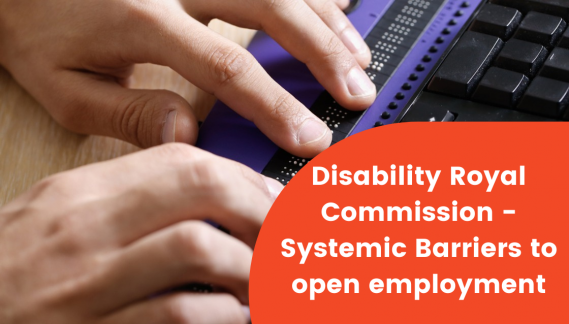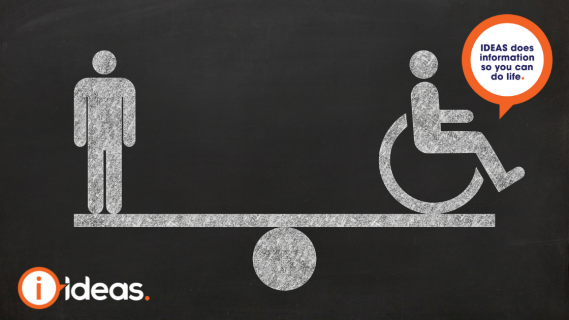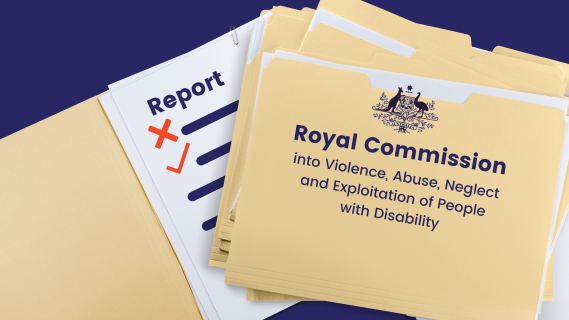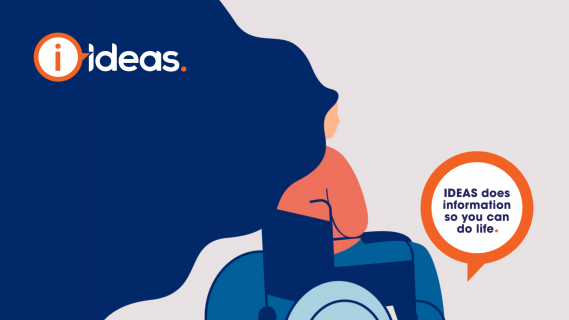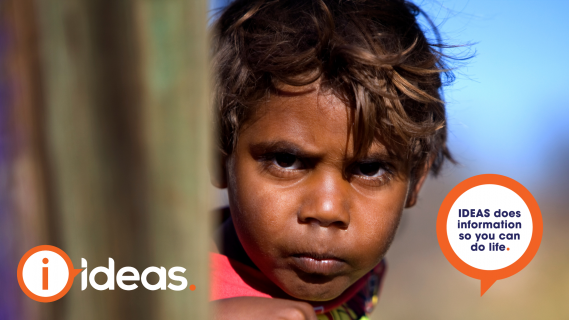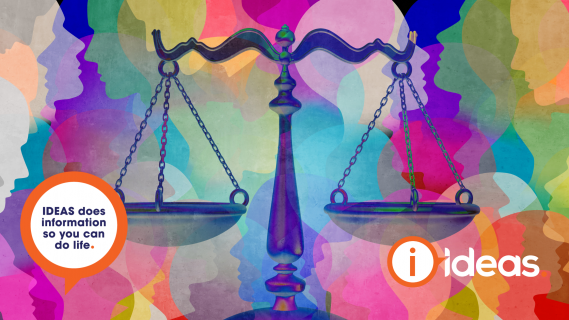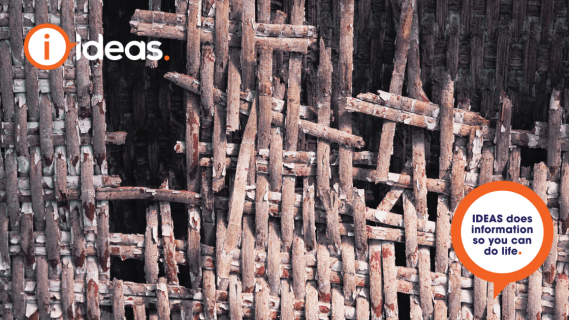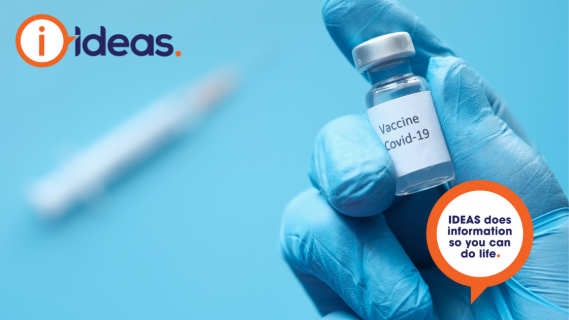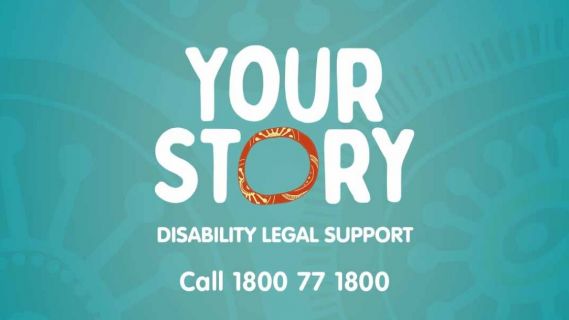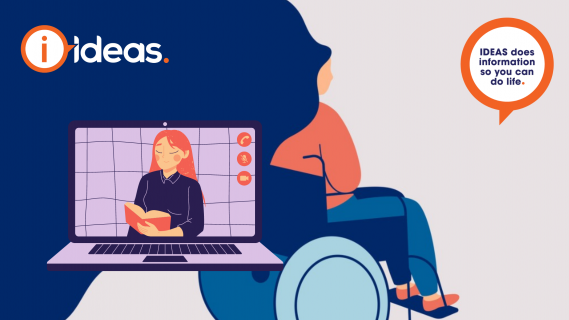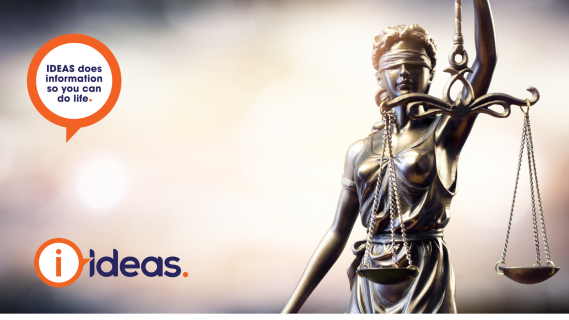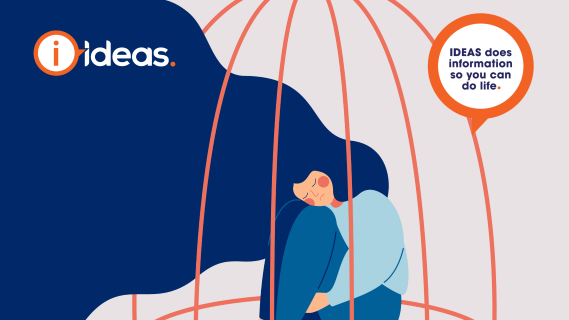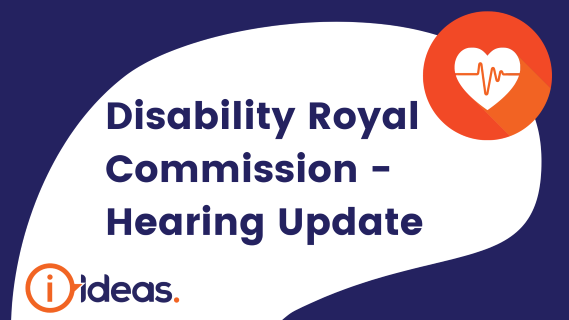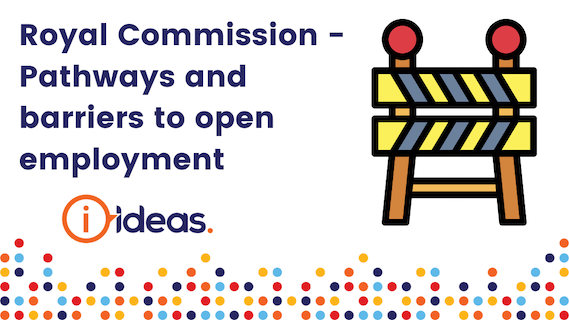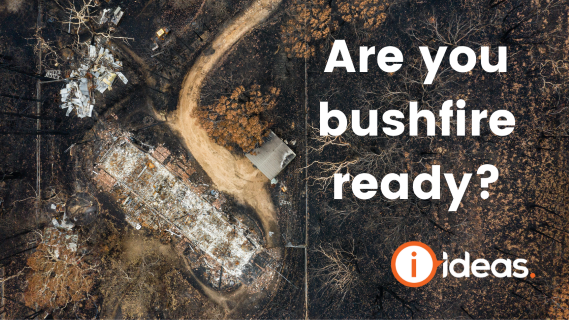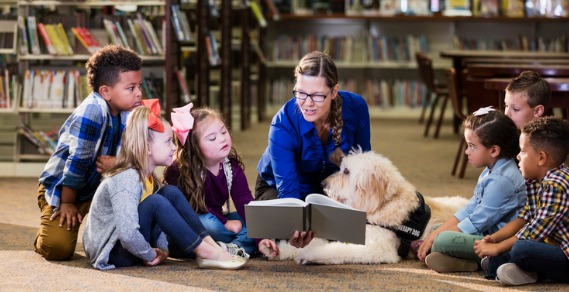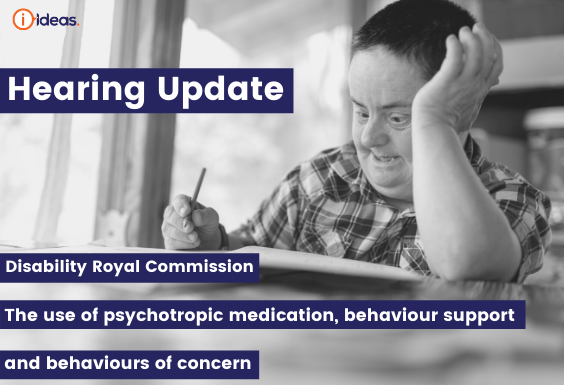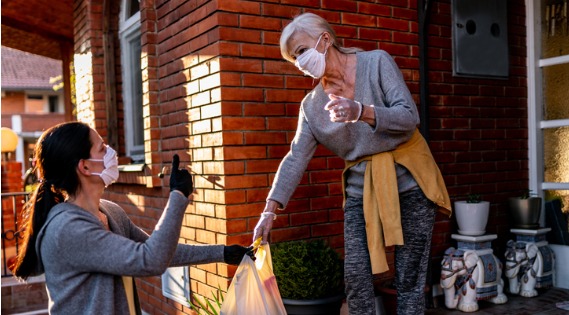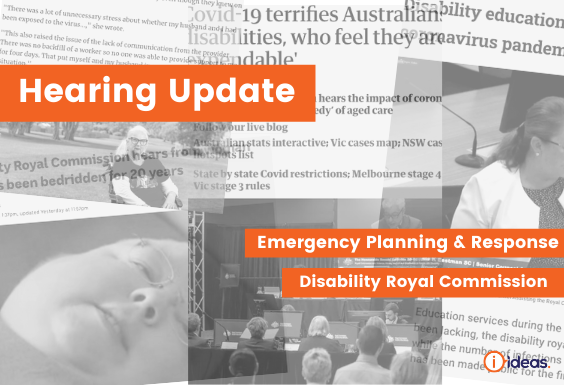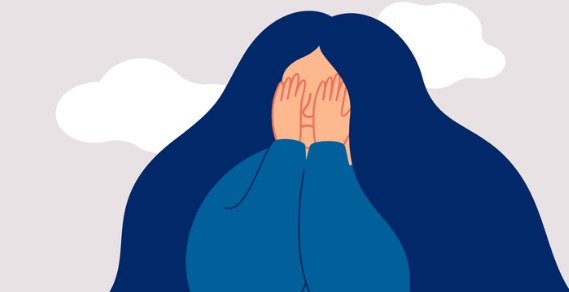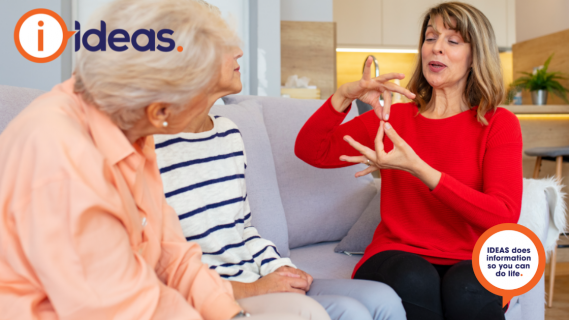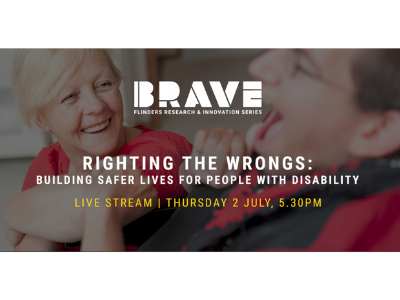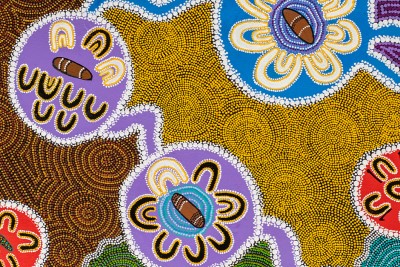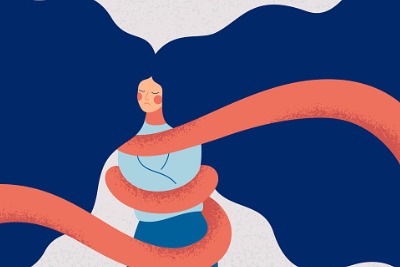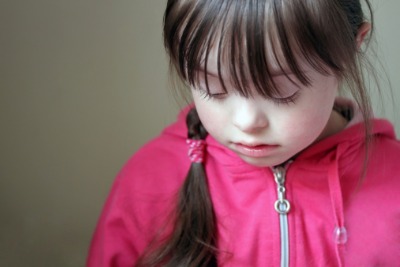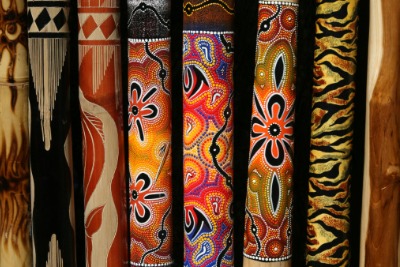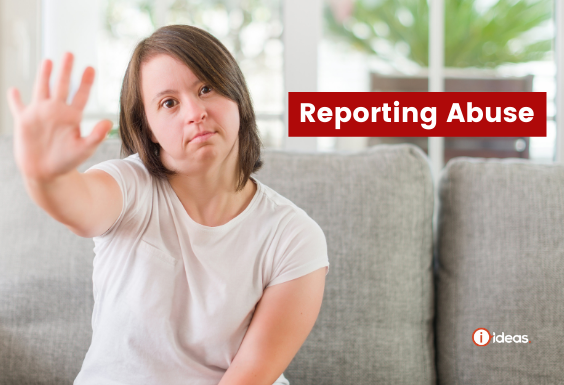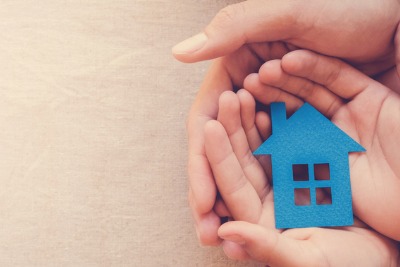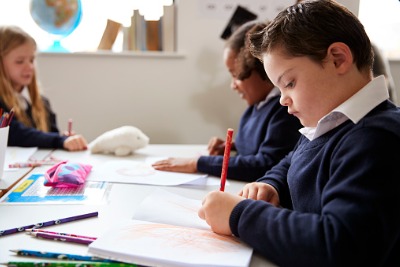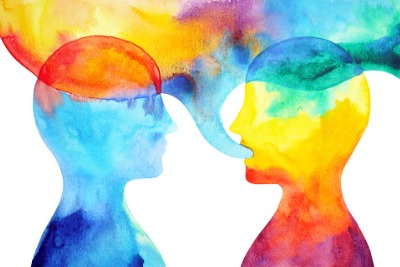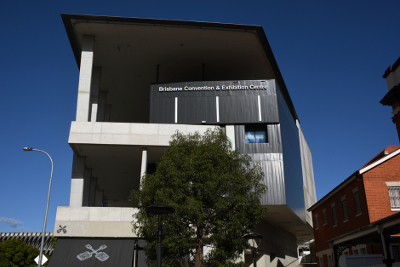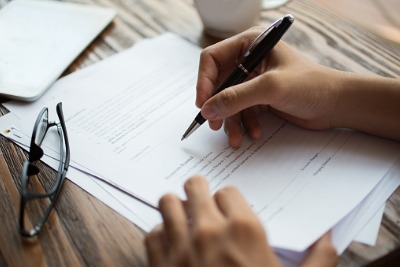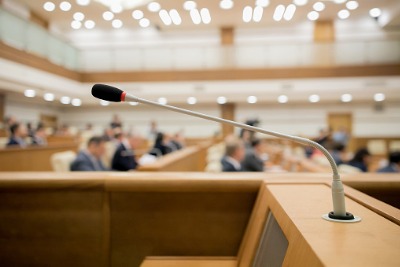The experiences of First Nations people with disability and their families in contact with child protection systems are the latest focus of the Disability Royal Commission hearings.
This week, the Disability Royal Commission (DRC) into Violence, Abuse, Neglect and Exploitation of People with Disability is exploring the experiences of First Nations people with disability and their families in contact with child protection systems.
Content Warning
Some of the stories and information below contain details about abuse, neglect and mistreatment of people with disability. First Nations readers are warned that the following material may contain images and text from deceased persons. There is support if you have any concerns because of this information.
Skip to: Attend | About | Witness List | Official Transcripts | Media | Support | More info
How can I attend?
Due to COVID-19, the hearing is not open to the public. It is available to watch or listen online via the live stream. Closed captions and Auslan translations provided as well as an audio-only stream.
This hearing will take place from Monday 23 November to Friday 27 November 2020.
What is it about?
A number of direct-experience witnesses will give evidence at the hearing, which will explore the experiences of First Nations people with disability and their families who have had contact with child protection systems, and the extent to which culturally appropriate and accessible supports are provided. It will examine the following issues:
- whether First Nations parents with a disability and their families are exposed to a higher likelihood of statutory intervention(s) by child protection systems because they are a First Nations person with a disability;
- how child protection services interact with and respond to First Nations parents with disability in their practices and administrative decisions;
- whether First Nations parents with disability are exposed to a greater risk of violence, abuse, neglect or exploitation during, or as a result of, contact with child protection systems;
- what has or should be done to reduce the risk of First Nations parents with disability being subject to adverse outcomes, including all forms of abuse, and to promote better outcomes;
- the responses of state and territory governments to the implementation of recommendations on the above issues made by previous Royal Commissions and past inquiries; and
- related matters.
Witness List
Witnesses include:
- Commissioner June Oscar from the DRC
- Dr Tracy Westerman from Indigenous Psychological Services
- Kenn Clift and Julia Wren from Intellectual Disability Rights Service
- Richard Weston from SNAICC
View the full Public Hearing 8 - Witness list
Official Transcripts
Chair Opening Remarks
23 November
Chair Ronald Sackville:
"It seems that despite all the reports and programs that have sought to address First Nations disadvantage things have gone backwards in recent years." - Chair Ronald Sackville.
Opening Address Counsel Assisting
23 November
Lincoln Crowley QC said of the Commission:
The ultimate purpose is to bring positive change to the lives of our mob – First Nations People with Disability who experience, or are at risk of, violence, abuse, neglect or exploitation – because they are First Nations People with Disability.
I have had the privilege of being personally been involved in direct engagement with First Nations people with disability, their communities, their elders, leaders, and representative bodies. Through these consultations, I was repeatedly told that First Nations people with disability are not getting the supports they need, and that neglect of their needs is occurring on a systemic basis.
Transcript Day 1
23 November
Commissioner Mason:
"This week we will hear stories of First Nations parents with disability and their attributes of resilience, courage, persistence, and about their love for their children. We will also hear about their experiences of how race, disability, and interacting with Australian citizens in child protection has given them experiences that are unique to them."
Crowley, QC : Now, after you had your daughter, did Cultural Healing have a role to play in supporting you with your new baby?
Ms Ann, Witness: Absolutely. Cuddles, and they would come over and make sure that I'm well, not just, like, you know, a phone call. They would actually come over, just 10 check that I'm well and everything's normal and they'd give me advice, like, about parenting and if I needed help, like, they were always there for me, so it was really good.
Ms May, Witness: If she'd had had an advocate there from the beginning and a legal representative there from the beginning, then she may not have had to go through that lengthy process with Child Safety and she wouldn't have had all that different messages she was getting from 30 different workers was really confusing her.
Transcript Day 2
24 November 2020
Dr Westerman, Witness:
"Whether it is misdiagnosis, overdiagnosis or underdiagnosis, essentially what is happening is you are not actually making a measurable difference to the lives of Aboriginal people, ultimately."
Ms Pokino, Witness:
"I find that there's very limited support for Aboriginal and Torres Strait Islander families going through the system."
Transcript Day 3
25 November 2020
"They basically put me in there, told me I had to 10 stay there for 12 months, then I could leave after 12 months. And they told me that while I was staying there I would have had mental health workers and everyone else come and see me, but I had nothing. I was not even allowed family members to come over and, like, have dinner or whatever with me. I had to sit in the villa with just me and my child by myself with no communication. They took my phone off me and everything, and basically I was just on my own."
Transcript Day 4
26 November 2020
Ms Shontanya, Witness, speaking of her personal experience:
"My baby is like heavy. I couldn't really hold him because I had fractured ribs. I was actually just sitting on the lounge and holding him and then she made a statement that I didn't want to hold him or something, is that right? Yes. She made a bad judgement on me just not holding my son because I had fractured ribs."
Media coverage
Mother left confused on disability status
Canberra Times, 26 November
No ongoing support was provided to an Aboriginal mother despite child services citing intellectual disability as a reason for the long-term removal of her children, an inquiry has heard.
When asked if any cultural support or special programs for disability were offered through the department after she found out about potentially losing her children long-term, she said no.
Expansion of Indigenous programs urged in Disability Royal Commission
SBS News, 25 November
The inquiry looking at Indigenous people with a disability and child protection services has heard of a number of effective programs with limited availability.
"We've come up with a way to deal with this and take back an aspect of control as opposed to the paternalistic way the system has dealt with and treated Aboriginal and Torres Strait Islander people," says Thelma Schwartz.
Shared Moment from the Mission
RRR, 24 November
Damian Griffis CEO of First Peoples Disability Network is interviewed by RRR radio.
"When people with a disability get positive outcomes it's more by chance than design."
Disability, domestic violence a 'catch-22' as Indigenous children removed from mothers, royal commission hears
ABC News, 24 November
Queensland Indigenous Family Violence Legal Service officer Thelma Schwartz gave testimony at the disability royal commission.
The Torres Strait Islander woman, who has worked for the service since 2005, said the system was stacked against First Nations women with disabilities. She pointed to instances where women in violent relationships were encouraged to reach out for support, but in doing so, would prompt an alert to authorities about the protection of their children.
"She's already on the back foot because of her disability," Ms Schwartz said.
"By coming forward and making the disclosure that you've been a victim … this is now used as a catch-22 for this mother and used against her to remove her kids"
Indigenous kids 'set up to fail': inquiry
The Young Witness, 24 November
Dr Westerman told the hearing that Aboriginal people experience misdiagnosis, overdiagnosis and under-diagnosis arguably more than any population in the world.
"If you get assessment wrong, you get treatment wrong," she said.
She said the lack of cultural competency also had implications in child protection, particularly the failure to understand Indigenous kinship systems where care is managed through extended family.
Indigenous children with disabilities being removed from families at higher rates
ABC News, 23 November
Advocates say the practice of taking away Indigenous children living with disabilities from families is ongoing, as Nas Campanella reports in this video story.
Disability royal commission to hear 'confronting stories' from carers and Indigenous people living with a disability
ABC News, 23 November
"First Nations people are already marginalised in the Australian community," Mr Crowley said. "Having a disability makes them part of a marginalised group in a marginalised group."
"People need information, they need their culture honoured and they need people walking along beside them supporting them, cheering them on to care for their child living with a disability." Michelle Bates
First Nations people with disability raise injustice, discrimination at Disability Royal Commission
FPDN, 23 November
First Nations people with disability will tell the Disability Royal Commission this week about the structural violence they experience in the child-protection system around Australia.
"The child protection system is hostile and complicated. Child removal is an ever-present threat, and reality in our communities. It has become part of the community vernacular, and families live with the legacies of trauma from the removal of their parents and grandparents,” said Mr Griffis, CEO First Peoples Disability Network Australia.
Disability Royal Commission will hold first all-Indigenous hearing next week
NITV, 20 November
Speaking with NITV News on Friday, Commissioner Andrea Mason said it was an area that needed more examination.
“We have had inquiries looking at Aboriginal and Torres Strait Islander children in child protection systems in past enquiries and they looked at First Nations children with disabilities, but rarely First Nations parents with disabilities," she said.
Disability Royal Commission to engage with First Nations people with disability and their families
Mirage News, 11 November
This hearing will mark the first hearing the Royal Commissions will hold that will specifically examine the experiences of First Nations people with disability,” Commissioner Sackville said.
“The Royal Commission is aware of the notion of inquiry fatigue for First Nations people, however, we are committed to examining the cumulative impacts of ableism and racism for First Nations people with disability."
Support Services
The Disability Royal Commission has set up support services for people with disability affected by or interacting with the Commission process. These supports include counselling, advocacy, financial and legal help. For more information and links read our resource on Royal Commission Support Services.
The DRC has also provided a range of resources to assist First Nations people to take part in the DRC.
More information
Royal Commission into Violence, Abuse, Neglect and Exploitation of People with Disability - our Disability Royal Commission hub which covers all hearings so far, how the DRC works, reports and how to take part.
Other Hearings
Disability Royal Commission hearing explores Barriers to Education
Disability Royal Commission Hearing on Emergency Planning
Disability Royal Commission Hearing on the Use of Psychotropic Medication
Disability Royal Commission investigates violence and abuse in group homes
DISABILITY ROYAL COMMISSION
Phone: 1800 517 199Web: disability.royalcommission.gov.auFor more information read our full directory listing.

